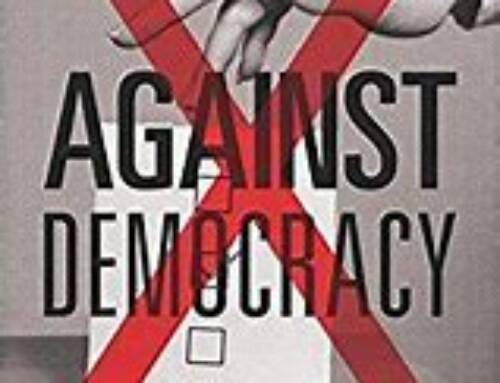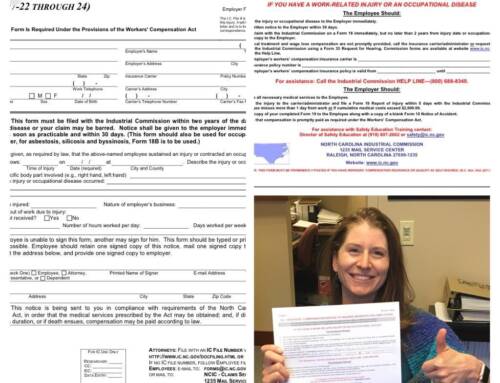Today’s post comes from guest author Jon Rehm, from Rehm, Bennett & Moore.
Comments made by “Duck Dynasty” star Phil Robertson, in an interview with GQ magazine, have set off a social media and cable news firestorm about the role of free speech in the employee-employer relationship. But neither side in the Duck Commander debate is telling the complete story. In short, while private employees do not have First Amendment protections in the workplace, Title VII provides some protections for religious belief and practice in the workplace.
Duck Commander detractors are correct to point out that the First Amendment does not apply to private employers* like A&E Networks and that employers are free to fire employees at will.* But what the largely urban, progressive and educated Duck Commander detractors largely fail to realize is that religion is a protected class under federal anti-discrimination law.
Conservative, evangelical Duck Commander supporters also fail to realize that federal anti-discrimination laws protect them as well. In the case of Ollis v. HearthStone Homes, an evangelical Christian successfully sued his employer for discrimination and retaliation for firing him in retaliation for failing to participate in “New Age” religious practices. The Ollis decision gives a good guide on what constitutes religious discrimination:
To establish a prima facie case of religious discrimination, a plaintiff must show he (1) has a bona fide religious belief that conflicts with an employment requirement, (2) informed the employer of such conflict, and (3) suffered an adverse employment action. If the plaintiff establishes these elements, the burden shifts to the employer to offer a legitimate, nondiscriminatory reason for the adverse employment action. Thereafter, the burden shifts back to the plaintiff to show the reason offered by the employer is pretextual.
Assuming that Robertson was an employee, it might be difficult to argue that his religious beliefs conflicted with an employment requirement. Even if he could make that argument, his employer could argue that how he expressed his comments about gays could be legitimate reason for termination. Finally, regardless of Robertson’s comments about gays, his comments about race relations in the South could likely provide any employer with a legitimate reason for termination.
*Robertson is likely not an employee of A&E Networks and likely has an a contract with A&E so Title VII is probably not applicable in this case






